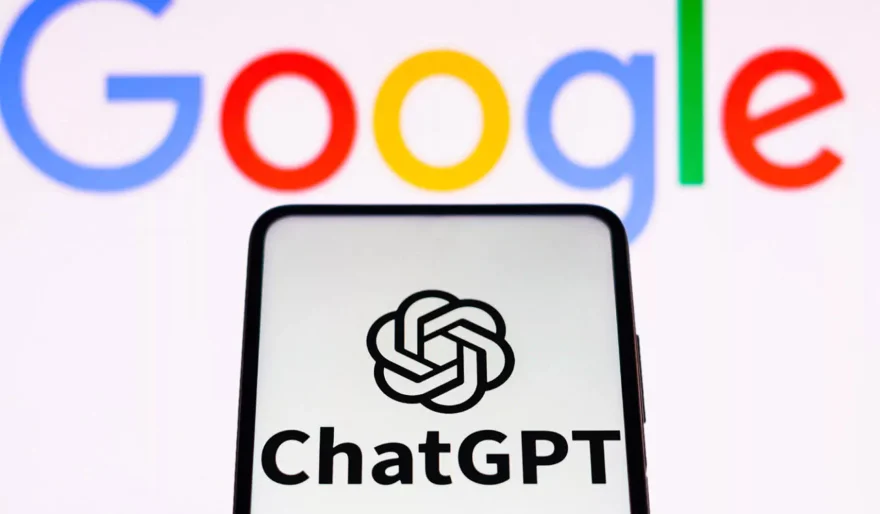Stay Ahead of the Curve
Latest AI news, expert analysis, bold opinions, and key trends — delivered to your inbox.
OpenAI Shakes Up Search: Unveiling a New AI-Powered Search Engine
5 min read OpenAI, the research firm responsible for widely-used AI tools such as ChatGPT, is said to be close to launching a new search engine aimed at challenging Google Search. This represents a notable advancement in online information retrieval, potentially providing users with an alternative method to navigate the expansive digital landscape. May 10, 2024 07:04
OpenAI, the research company behind popular AI tools like ChatGPT, is reportedly on the verge of unveiling a new search engine designed to compete with Google Search. This marks a significant development in the world of online information access, potentially offering users a new way to navigate the vast digital ocean.
What We Know So Far
Here's a glimpse into what we can expect from OpenAI's search engine:
- AI at the Core: Leveraging OpenAI's expertise in artificial intelligence, the search engine will likely prioritize user intent and context to deliver more relevant results.
- Beyond Keywords: Instead of relying solely on keyword matching, the AI might analyze the user's query and provide comprehensive information, including explanations, summaries, and curated content.
- Citation and Transparency: OpenAI has emphasized the importance of transparency. The search engine might showcase where the information originates from, allowing users to assess the credibility of the sources.
A Challenge to Google's Dominance
Google Search has reigned supreme for years, but OpenAI's entry throws down the gauntlet. This could lead to:
- Increased Innovation: Competition can be a breeding ground for innovation. Both Google and OpenAI might be compelled to refine their search algorithms and user experiences to stay ahead of the curve.
- Focus on User Experience: With a new competitor in the game, both search engines might prioritize user experience, potentially leading to a more intuitive and user-friendly search experience for everyone.
- A More Diverse Search Landscape: The presence of a new player could diversify the search landscape, offering users a wider range of options and perspectives.
Questions and Considerations
While exciting, there are some questions to ponder:
- Accuracy and Bias: Ensuring accurate and unbiased search results remains crucial. It will be interesting to see how OpenAI addresses potential bias in AI-generated search algorithms.
- Data Privacy: The responsible use of user data is paramount. OpenAI will need to ensure user privacy is protected and user data is used ethically.
- Impact on Smaller Search Engines: The emergence of a new major player could impact the market share of smaller search engines.
The Future of Search
OpenAI's foray into search marks a pivotal moment in the evolution of online information retrieval. As AI continues to develop, we can expect search engines to become even more sophisticated, offering users:
- Personalized Search Results: Search engines might be able to tailor results based on individual user preferences and search history.
- Focus on Understanding: Search engines might prioritize understanding the user's intent and providing comprehensive answers rather than just a list of links.
- Integration with AI Assistants: Imagine seamlessly integrating search functions with virtual assistants, allowing for a more natural and conversational way to access information.
The battle for search supremacy is heating up. OpenAI's search engine has the potential to disrupt the status quo and usher in a new era of AI-powered information retrieval. It will be fascinating to see how Google responds and how this competition shapes the future of the way we search for information online.



















 AI Agents
AI Agents